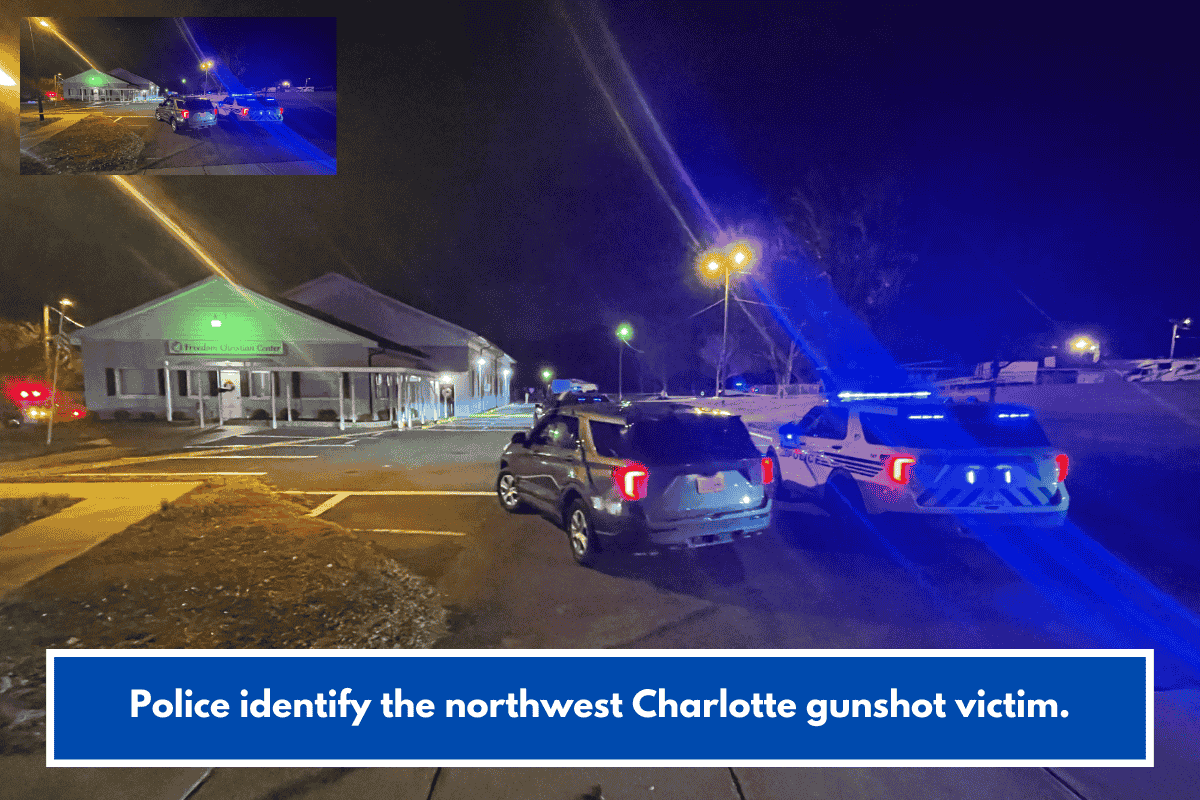Gov. Henry McMaster and U.S. Sen. Lindsey Graham meet with sheriffs on Thursday, October 2, 2025, at the Sheriff’s Association Building in Columbia. (Photo courtesy of the South Carolina Governor’s Office).
COLUMBIA – Under a grant scheme proposed by US Senator Lindsey Graham on Thursday, local law enforcement would get awards for assisting in the detection and arrest of illegal immigrants.
The number of law enforcement agencies signing cooperation agreements with Immigrations and Customs Enforcement (ICE) has skyrocketed across the country since the Trump administration encouraged participation in the 287(g) program — named after the section of a 1996 law that authorized it — and revived its controversial “task force” model earlier this year, despite advocacy groups’ concerns about racial profiling.
As of Thursday, twenty sheriffs and five police chiefs had signed agreements. According to the program’s website, the State Law Enforcement Division and the Department of Public Safety, which administers the state Highway Patrol, have also done so.
The list includes three South Carolina counties — Horry, York, and Lexington — that inked so-called “jail enforcement model” agreements more than ten years ago.
The counties and cities that volunteered to assist the federal government took on additional obligations with no assurance of additional funds, while facing personnel shortages, according to Graham, a Republican who spent Thursday speaking with sheriffs about the issues they confront.
President Donald Trump signed a massive tax and spending bill into law on July 4 that included funding to reimburse law enforcement agencies for the salaries and benefits of officers hired to carry out the agreements, as well as quarterly bonuses based on the number of immigrants discovered who do not have legal status in the country.
Graham, the chairman of the Senate Budget Committee, wants to go a step further by establishing a $1 billion national fund that participating states, counties, and towns may utilize to pay officers bonuses. Graham explained that the amount of cash would be determined by the sort of 287(g) agreement that the agencies engaged into.
Sheriffs and police chiefs can choose from three sorts of agreements.
Officers working under the so-called “task force model” might dispute a person’s immigration status while performing routine police responsibilities and collaborate with ICE officers on enforcement. This agreement has been accepted by the two involved state agencies. As have a dozen of South Carolina’s local law enforcement agencies.
Another arrangement trains officers to serve warrants on undocumented immigrants who are already in jail for other reasons, known as the “warrant service officer” concept. According to the program website, the third option, known as the “jail enforcement model,” allows local agencies to identify people in their jail who are eligible for deportation.
According to ICE’s monthly briefings, just two counties, Horry and York, used the arrangement in the first seven months of the year. Both counties have jail enforcement agreements, which were most recently signed in 2020.
The most recent ICE report, issued in July, came before only two new participants joined on: the state Department of Public Safety and the Olanta Police Department, which serves a Florence County hamlet of approximately 550 people.
Keeping veteran officers.
Graham’s goal is also to raise enough funds to repeal the state statute that restricts veteran cops’ ability to receive both pay and retirement benefits. Officers who are eligible for retirement but wish to continue working must take a year off after officially retiring in order to receive both a wage and their full pension.
The other alternative is to take a 30-day sabbatical. However, as long as they work, they are only eligible for $10,000 in pension benefits per year.
The rules for rehiring retirees, which are incorporated into the state budget, push longtime officers to quit already understaffed police stations, Graham claims.
“These are the cream of the crop,” he told me. “These are the best of the best.”
Newberry County, which has an arrangement with the federal government to serve immigration warrants, has lost three of its top officers in the last year after they became eligible to retire, according to Sheriff Lee Foster.
During their year off, all three obtained higher-paying work for private companies, which discouraged them from returning to the agency, according to Foster.
“I said, ‘If you were able to retire and return, would you have stayed and served the people of Newberry County?'” Foster stated. “And each one unequivocally said they would have stayed.”
Graham believes that it would cost around $150 million to abolish the provision without adding to the state’s pension debt.
“I want to help fix that problem, and the way to do it is to have the federal government reward states like South Carolina, who help the federal government with one of its biggest problems, illegal immigration,” according to Graham.
With the government shut down while senators fight over temporary financing, any idea Graham makes is unrealistic. Gov. Henry McMaster said that a similar state-funded initiative could provide a quicker solution, but did not elaborate.
“This closes a gap in our system,” McMaster explained. “As we grow — and we are growing, and more people want to invest in our people here — we’ve got to keep this state safe, and this takes us a long way toward doing that.”
Advocates like the American Civil Liberties Union disagree that the accords make the state any safer. Instead, immigrants may be less likely to report crimes for fear of being questioned and deported, according to Dulce López, the human rights organization’s immigrant rights strategy director.
“It erodes public trust,” López explained.
According to López, the “task force model,” in particular, may result in unconstitutional racial profiling as cops seek for those they suspect of being in the country illegally.
“For South Carolina to encourage this type of policing is very concerning,” she said.














